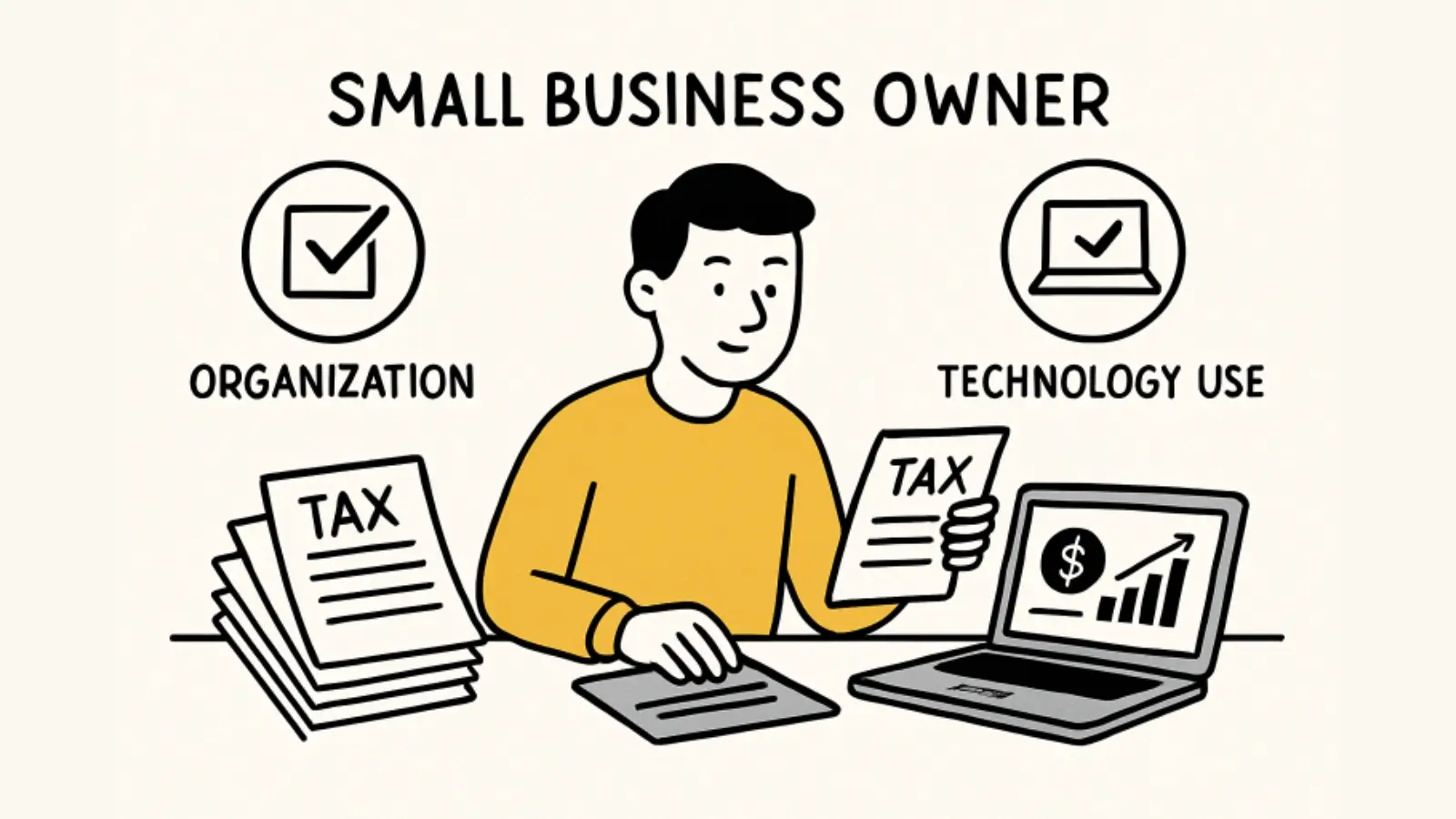The United Arab Emirates (UAE) has become a top destination for international businesses and entrepreneurs. With its business-friendly environment, world-class infrastructure, and zero income tax, it’s no surprise that many foreign investors want to set up companies here.
But a common question that arises is: Can foreigners open a corporate bank account in the UAE remotely? The short answer is yes — but with certain conditions. This article will walk you through the process, requirements, and best practices to make it easier.
Why the UAE Attracts Foreign Business Owners?
The UAE, particularly Dubai and Abu Dhabi, has positioned itself as a business hub connecting East and West. With a well-regulated banking sector, over 40 free zones, and access to global markets, it’s no surprise that thousands of foreign companies are registered here annually.
Some of the main attractions include:
-
0% corporate and personal tax (in many cases)
-
100% foreign ownership in free zones
-
Modern digital banking infrastructure
-
Reputation for safety and political stability
However, while setting up a business in the UAE is relatively straightforward, bank account opening — especially remotely — requires careful planning.
Is Remote Corporate Bank Account Opening Possible?
Yes, foreigners can open a corporate bank account in the UAE remotely, particularly if they choose the right banking partner and setup structure. Traditional banks still have rigid compliance requirements and may require in-person visits, but many digital-first banks and financial institutions now offer open business account online UAE options.
This has become especially popular with companies registered in UAE free zones, where streamlined processes and virtual verification are more accepted.
Types of UAE Companies That Can Apply Remotely:
Not all company structures in the UAE are equally suited to remote bank account setup. Here are the most common types:
Free Zone Companies:
These are the easiest and most friendly for foreigners, especially in places like IFZA, SHAMS, and DMCC. You can own the company 100% yourself, and the setup process is quick and simple. Many free zones work closely with online banks, so opening your account from another country is easier and faster.
Mainland Companies:
These companies are set up outside of free zones and may need you to be in the UAE for banking. Some banks might let your local agent or representative handle things using Power of Attorney. They often ask for a UAE visa or ID, so it’s a bit harder to open a bank account remotely.
Offshore Companies:
These are used mainly to hold money or assets, not to run a business in the UAE. Most UAE banks do not allow offshore companies to open a regular bank account.They are not a good choice if you need a working account for sending or receiving business payments.
Among these, free zone companies are the most recommended for remote account setup due to their simplified procedures and relationships with digital banks.
Which Banks Allow Remote Corporate Account Opening?
Here is a quick look at some banks and financial institutions in the UAE that offer remote onboarding:
|
Bank / Fintech |
Remote Onboarding |
Best For |
|
Wio Bank |
Yes |
Startups, Free Zone companies |
|
Zand Bank |
Yes |
International and digital businesses |
|
Mashreq NeoBiz |
Yes |
SMEs and tech startups |
|
Emirates NBD (limited) |
Partial |
Large and mid-sized enterprises |
|
RAKBANK (case-by-case) |
Partial |
Consulting and trading businesses |
|
ADCB |
Often No |
Requires strong local presence |
If you're looking for the best zero balance business account in UAE, Wio Bank and Mashreq NeoBiz are top choices due to their startup-friendly policies and digital onboarding.
What Documents Do You Need?
Regardless of whether the application is remote or in-person, banks in the UAE require a thorough set of documents to comply with local and international regulations.
Typical requirements include:
-
Trade license (issued by a Free Zone or DED)
-
Memorandum of Association (MoA)
-
Certificate of Incorporation
-
Shareholders’ and directors’ passport copies
-
Proof of company address (utility bill, lease agreement, etc.)
-
Personal bank statements
-
Business plan or company profile
-
Customer contracts or invoices (if available)
These are the documents required to open company bank account in UAE, and missing any of them can slow down or stop your application.
The Role of Free Zones in Simplifying Remote Access:
Many entrepreneurs register their companies in UAE free zones precisely because they make banking and compliance easier.
Free zones often:
-
Have tie-ups with digital banks
-
Allow 100% foreign ownership
-
Provide business support for documentation
-
Help in organizing video verifications or POAs
For example, IFZA and SHAMS offer packages where your company can be set up in a few days, and a dedicated account manager assists with remote banking.
Do You Need a UAE Residency Visa?
This depends on the bank. Some digital banks allow account openings without a UAE residency, especially for Free Zone companies. However, most traditional banks require at least one shareholder to hold a UAE residence visa and Emirates ID.
Using a corporate service provider or local representative can sometimes help bypass this, as they act on your behalf using Power of Attorney.
What About Compliance And Due Diligence?
The UAE has adopted strict AML (Anti-Money Laundering) and CFT (Countering the Financing of Terrorism) laws. As a result, all applicants go through rigorous due diligence, whether resident or non-resident.
Banks will assess:
-
Source of funds
-
Nature of business activity
-
Ultimate Beneficial Owners (UBOs)
-
Expected monthly turnover
Your ability to provide clear, verifiable documentation is key to a successful application.
Cost and Minimum Balance Requirements – 2025 Update!
Many banks require a minimum balance to maintain the account. Failing to meet this can result in monthly fees.
Typical minimum balances:
-
AED 10,000 to AED 50,000 (approx. USD 2,700 to USD 13,500)
-
Some banks offer zero balance business bank account in UAE options for startups
Also, expect to pay:
-
Account opening fees (AED 1,000–AED 2,500)
-
Monthly maintenance fees if the balance falls below the threshold
If you are considering a traditional option, FAB Business account and Emirates NBD business account opening online are popular among established companies.
Advantages of Opening a UAE Bank Account Remotely!
Remote banking offers several benefits to foreign business owners:
-
Convenience: No need to travel for setup
-
Speed: Faster onboarding with digital banks
-
Global Reach: Multi-currency accounts available
-
Modern Interfaces: Mobile-first and online platforms
This is especially helpful for e-commerce, digital services, consultants, and international trade businesses looking for the best business bank account in UAE.
Common Challenges to Be Aware Of:
Despite the advantages, some challenges still exist:
-
Document authentication: Some banks require notarized or attested documents
-
Unclear policies: Bank procedures vary and may change without notice
-
Longer timelines: It may still take 3 to 6 weeks to complete the process
-
High compliance standards: Especially for high-risk or new business models
How Can You Successfully Open a UAE Bank Account from Outside?
To make it easier to open a UAE bank account from another country, start by choosing a good Free Zone — one that works with banks. This will help speed things up. Next, pick a bank that matches your business. For example, if you have an online business, go for a digital bank.
It also helps to hire a local expert or setup company. They know the process and can help with the paperwork. Be sure to give correct and complete info to the bank. And always follow the rules, so there are no problems later.
For professional help with business setup and banking in the UAE, visit HaGroup.ae.
FAQs:
1. Do I need a UAE residency visa to open a corporate bank account remotely?
Not always. Some banks allow account opening for non-residents, especially in Free Zones, but others may require at least one UAE resident signatory.
2. How long does it take to open a corporate bank account remotely?
It typically takes 2 to 4 weeks, but it can be faster if all documents are in order and the business activity is low-risk.
3. Are digital banks in the UAE safe for business use?
Yes. Digital banks like Wio and Zand are regulated by UAE authorities and follow strict security and compliance protocols.
4. Can I operate my UAE corporate bank account from another country?
Absolutely. Most banks offer online banking platforms that allow full access to your account from anywhere in the world.
5. What are the fees associated with UAE corporate bank accounts?
Fees vary, but you can expect charges for minimum balances, international transfers, and account maintenance.
6. Is there a way to increase approval chances for remote bank accounts?
Yes. Providing a detailed business plan, working with a reputable consultant, and choosing the right Free Zone can significantly boost your chances.
Final Thoughts:
So, can foreigners open a corporate bank account in the UAE remotely? Yes, they can — if they meet the requirements and choose the right banking partner. Thanks to the UAE’s evolving digital landscape, entrepreneurs no longer have to be physically present to access the country’s powerful banking infrastructure.
Whether you’re launching a startup or expanding your international operations, setting up a corporate bank account in the UAE remotely can be both practical and efficient. The key is to do your research, prepare your documents carefully, and work with professionals who understand the local banking and regulatory environment.

















